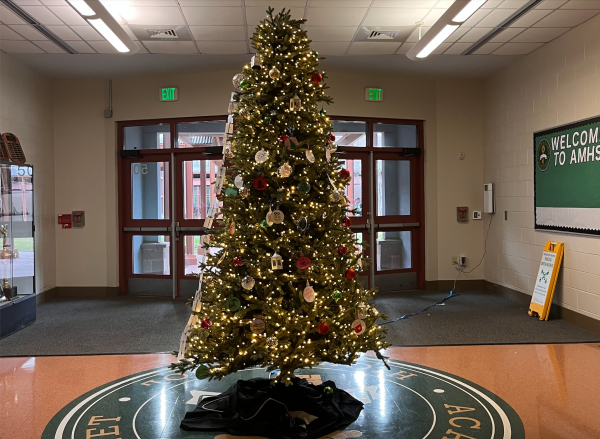Things Happening in the Atlantic Ocean
Off of the Southern Atlantic Coast, endangered right whales have been spotted. They generally migrate from Canada’s cold waters down to the warm coastal waters of South Carolina, Georgia, and Florida to their common birthing grounds. Unfortunately, these whales were hunted to near extinction in the 1800’s and now it is estimated that only 450 are still living. In order to protect them federal law has stated that oceanic vessels have to stay 500 yards away from the whales so that they do not get struck and killed by the large boats. Luckily, their numbers are going to start climbing because in the year 2000 experts say that 31 right whale calves were born and since these calves are now almost 17 years old, they are able to mate and reproduce.
Similarly, there has been an upsurge of loggerhead turtle sightings in South Carolina’s coastal Atlantic waters. There are seven species of sea turtles found across the world, the loggerhead being one of them, and all are classified as endangered or threatened. Recently, it has been proved that the beaches of South Carolina and Florida are the leading beaches in the world for the most amount of attention and preservation given to the endangered turtles, and therefore, the biggest number of sea turtle nesting grounds. The large increase in their numbers has been widely celebrated and hopefully the loggerheads have successful hatchings this coming nesting season.
Another interesting thing happening in the Atlantic Ocean is that this week a giant wave was recorded at a height of a four story apartment, setting a world record of 62.3 feet. To put this size in context, the largest swell that occurred during hurricane Hugo was 20 feet. The buoy that got hit by the wave and recorded its intensity was positioned between Iceland and the United Kingdom so officials are not worried about the enormous swell hitting any beaches or causing destruction and flooding. Large waves that occur in the offshore Atlantic usually get knocked down as they work their way into shallower waters.


















